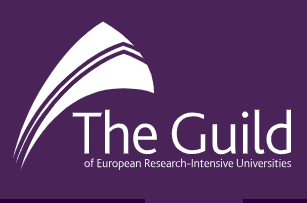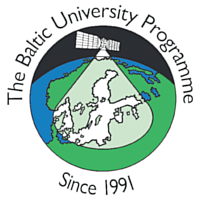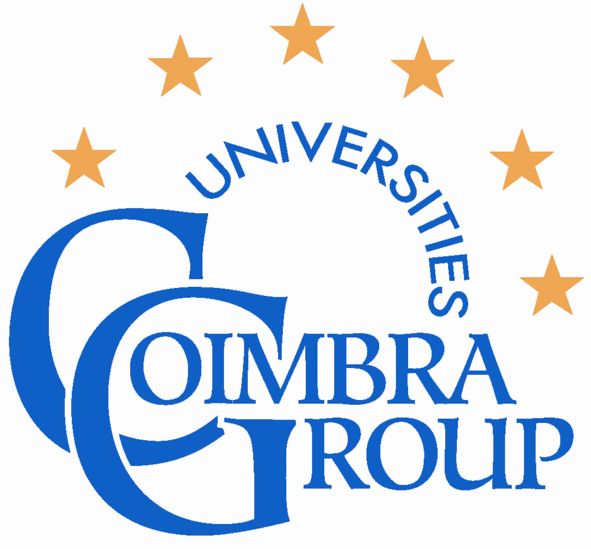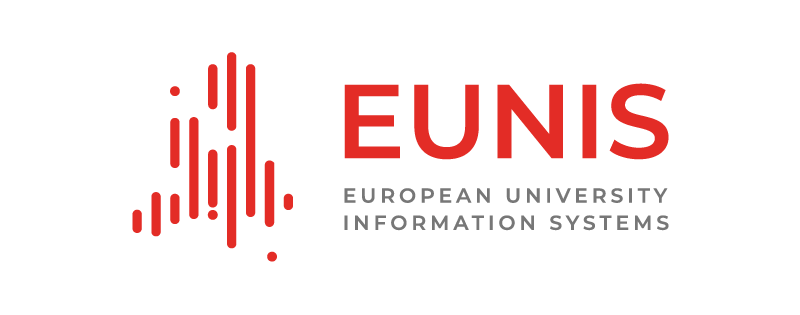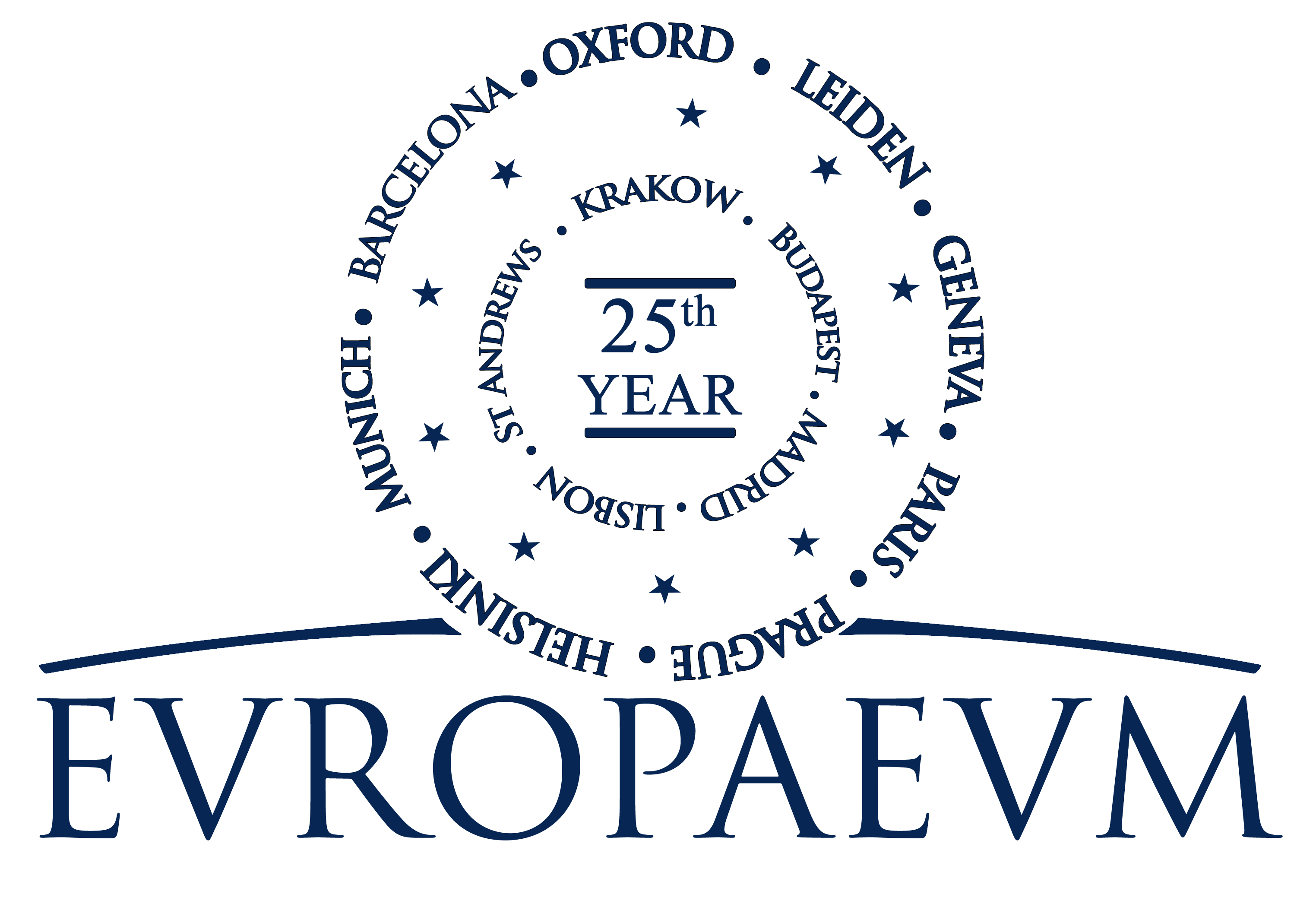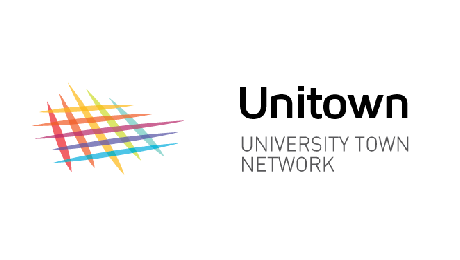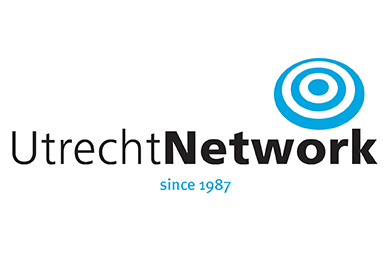
In view of the forthcoming publication of the Plan S’ revised Implementation Guidance, The Guild has published a position paper presenting its proposals for a successful transition towards Open Access. With these recommendations, The Guild builds on its submission to the Plan S consultation, contributing to a wider debate about how Plan S can help realise the ambitions of Open Science.
Whilst we welcome the efforts of research funders and of the European Commission in moving forward with Open Access, The Guild calls for universities – as the hubs of publicly funded research – to be at the centre of the debate concerning its implementation. The following are key elements that need to be taken into account to avoid Plan S’ possible unintended and even disruptive consequences:
- Involve universities in the staged implementation of Open Access and promote care before speed. A staged approach should allow funders, universities and their researchers, the European Commission, and learned societies to engage in constructive dialogue and to collaboratively tackle the different but interrelated building blocks of Open Access.
- Focus on positive rewards and incentives to achieve changes in behaviour, instead of sanctions.
- Support scholarly-centred and sustainable Open Access publishing models that maximise the benefits of research. This includes providing support for alternative and sustainable non-APC models, as well as existing effective publishing initiatives in universities and non-profit organisations.
- Clarify Plan S’ scope by explicitly excluding underlying data. The Guild also advocates the elimination of any obstacles to knowledge circulation, enabling researchers to use the most effective publishing venues in terms of knowledge outreach, while ensuring flexible licencing to fit the needs of specific disciplines and intellectual property rights.
- Avoid fragmentation, which can be detrimental to research collaboration, and ensure coherence between Plan S and the Open Access approach in Horizon Europe.
The Guild stands ready to work with cOAlition S, the European Commission and other stakeholders in the research ecosystem to advance Open Access and to collectively implement these recommendations.


